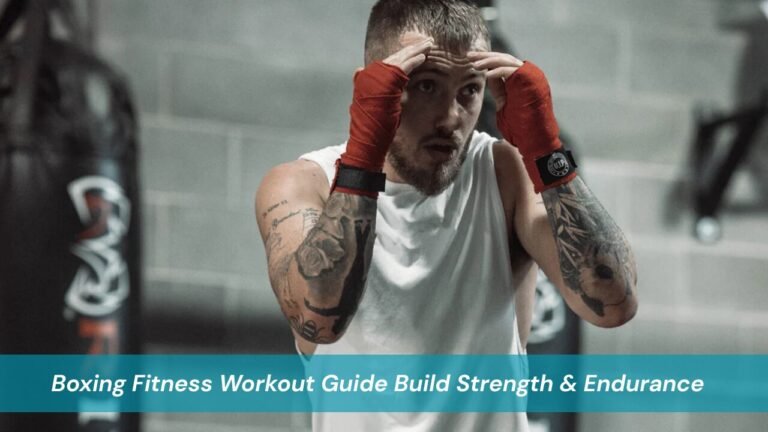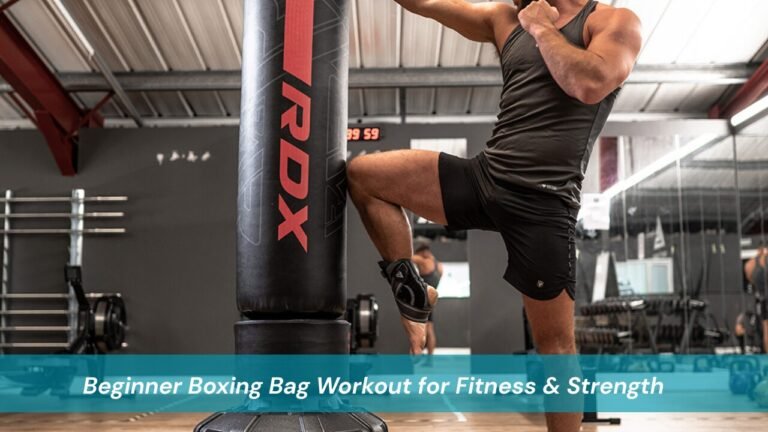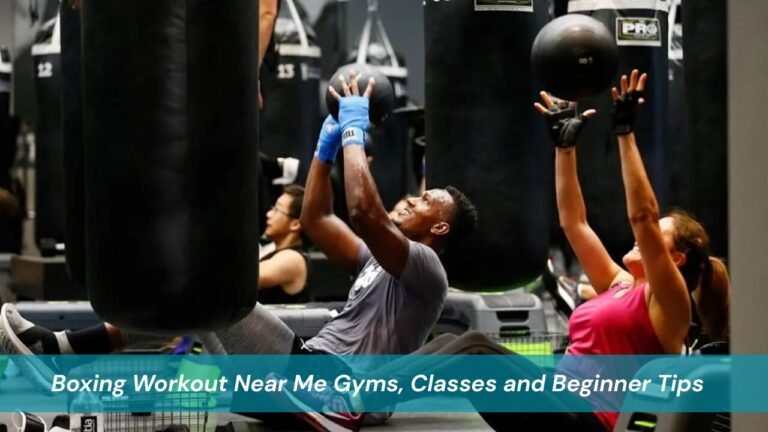Liv Schmidt is a popular TikTok content creator who quickly gained a following through videos documenting her dramatic weight loss and fitness tips. With her striking transformation and candid content, Schmidt built an audience of mostly young women who looked to her for inspiration and advice.
Her rapid rise in popularity was, however, not without criticism. Health professionals, parents, and even fellow influencers began questioning the safety and ethics of her recommendations. This tension culminated in January 2025 when she was banned from TikTok for allegedly sharing harmful weight loss advice to an impressionable audience.
TikTok Ban and Public Response
Schmidt’s ban was part of TikTok’s broader crackdown on content promoting unrealistic and dangerous body standards. The move sparked a heated debate: should influencers be held accountable for the impact of their content, or are viewers responsible for how they interpret it?
Schmidt’s content included extremely low-calorie diet plans, obsessive exercise routines, and emotionally charged language that pressured followers to “be skinny at any cost.” Many experts and parents have expressed concern about how young and impressionable audiences might internalize such messages, potentially triggering eating disorders or mental health issues. Social media platforms like TikTok are under mounting pressure to moderate such content more effectively.
Liv Schmidt’s Weight Loss Journey
To understand the controversy, it’s essential to examine what Liv Schmidt actually did to lose weight and whether those methods were safe. On her TikTok, Liv frequently promoted fasting for 18–24 hours at a time, extreme calorie restriction of under 800 calories a day, high-intensity workouts twice a day, diet supplements and detox teas, as well as visual body checking and progress photos.
These posts often lacked warnings, context, or medical disclaimers. As a result, many viewers were left with the impression that her methods were universally applicable.
Did It Work for Her?
Liv Schmidt did experience a noticeable weight transformation over the span of one year. Her before-and-after videos gained millions of views, and she became a poster child for extreme dedication. However, critics argue that her success story was based on unsustainable and potentially dangerous practices. Additionally, Liv rarely discussed mental health, medical supervision, or alternative healthy methods of achieving similar goals.
It’s also worth noting that while Liv projected an image of control and success, several behind-the-scenes accounts from close friends (now deleted) hinted at mood swings, fatigue, and obsessive behavior tied to her routine.
The Problem With Influencer Fitness Advice
Most influencers, including Schmidt, are not certified nutritionists, personal trainers, or medical professionals. When they give prescriptive advice especially to a vulnerable, young audience it creates significant ethical risks.
Social media platforms reward content that is sensational, dramatic, or emotionally compelling. Liv’s transformation journey ticked all those boxes, often sacrificing nuance for shock value. Viewers were drawn to the quick fixes rather than the deeper health implications of such extreme methods.
The Influence on Youth
Studies show that young users on platforms like TikTok are more likely to develop body image issues or disordered eating habits after consuming content focused on thinness, diet hacks, or rapid transformations. According to the National Eating Disorders Association (NEDA), eating disorders have the second-highest mortality rate of all mental health disorders, and social media is increasingly seen as a contributing factor.
A 2024 survey conducted by the University of Michigan found that nearly 1 in 4 teenage girls said they had tried dieting strategies they found on TikTok or Instagram, many of which involved skipping meals or excessive exercise. This underscores the importance of regulating who gets to share health advice online.
Expert Insights on Healthy Weight Loss
Experts widely agree on safe and sustainable weight loss guidelines. These include aiming to lose one to two pounds per week, consuming at least 1,200–1,500 calories daily for women, and incorporating strength and cardio exercises three to five times a week. A focus on nutrient-dense foods over calorie counts is essential, along with prioritizing mental health and body positivity.
According to registered dietitian Jane Moreno, “Sustainable weight loss comes from consistency and balance. Extreme methods may provide quick results, but they often lead to rebound weight gain and emotional distress.” Dietitians also emphasize that what works for one person may not work for another due to genetics, medical history, metabolism, and lifestyle differences.
Mental Health Matters
Psychologists stress the importance of a healthy relationship with food and body image. Many who pursue extreme dieting often report anxiety, depression, or body dysmorphia. Recovery from such mindsets takes time, therapy, and often, a complete overhaul of one’s digital consumption habits.
When people are constantly bombarded by transformation videos or quick-fix weight loss solutions, it becomes difficult to maintain a positive self-image or make healthy decisions. This mental toll can be long-lasting and damaging.
Social Media Platforms and Their Role
TikTok has faced increasing scrutiny for its role in promoting content that can harm mental and physical health. The platform has since updated its community guidelines to restrict content that encourages disordered eating. However, enforcement is inconsistent. The platform often relies on user reports and algorithms that may not always catch harmful content in time. In Liv Schmidt’s case, the damage may have already been done before her ban took effect.
Social media platforms have a moral and social responsibility to protect users, especially teenagers. Platforms can promote certified professionals and verified experts, use warning labels on triggering content, educate users about safe practices, and actively remove harmful or misleading posts.
The Rise of “Fitfluencers” and the Pressure to Perform
Liv Schmidt is not the first or last influencer to gain fame for a weight loss journey. The rise of “fitfluencers” has created an entire economy based on before-and-after photos, supplements, fitness apparel, and “miracle” routines.
Many influencers receive sponsorships for promoting weight loss teas, diet pills, or exercise programs that lack scientific backing. This commercialization distorts the authenticity of their content and adds pressure on followers to look or act a certain way.
Constant Comparison Culture
Apps like TikTok thrive on comparison. Users see transformation videos on repeat, leading them to feel inadequate or broken if they don’t achieve the same results. This mindset is harmful and leads to cycles of guilt, shame, and unhealthy behavior. The constant barrage of “ideal bodies” can skew self-perception and feed insecurities in young audiences especially.
Lessons Learned from the Liv Schmidt Case
Not all advice is good advice. Just because someone has a large following doesn’t make them a credible source. Weight loss isn’t one-size-fits-all, as individual bodies react differently to diets and exercise. Mental health shouldn’t be ignored, and emotional well-being is just as important as physical health.
Transparency is critical. Influencers need to be open about their qualifications and any sponsorships. Platform accountability is key, and tech companies must do more to regulate health-related content and protect vulnerable users.
FAQs
What caused Liv Schmidt’s TikTok ban?
Liv Schmidt was banned due to content that promoted dangerous weight loss strategies, such as extreme calorie restriction and fasting, which violated TikTok’s community guidelines.
Is Liv Schmidt a licensed dietitian or fitness trainer?
No, Liv Schmidt does not hold any professional credentials in nutrition or fitness, which raises ethical concerns about her advice.
Are there safe ways to lose weight without extreme dieting?
Yes, many experts recommend a balanced approach involving moderate calorie deficit, exercise, proper nutrition, and mental health support.
What can viewers do if they see harmful content?
Report the content to the platform, avoid engaging with it to prevent algorithm amplification, and follow certified experts instead.
What are better alternatives to following influencers for health advice?
Trust sources like registered dietitians, licensed personal trainers, academic health websites (like Mayo Clinic), and platforms that prioritize evidence-based information.
Conclusion
Liv Schmidt’s weight loss journey is a cautionary tale about the power and pitfalls of social media influence. While her transformation may appear aspirational, the methods behind it and the lack of professional oversight pose serious concerns especially when broadcast to millions of young, impressionable viewers.
Health should never be compromised for virality. Sustainable, safe, and mentally sound practices are the only truly effective path forward. If you’re considering a weight loss journey, consult professionals and prioritize your well-being above all else. Visit Boxing Essential to explore more.




